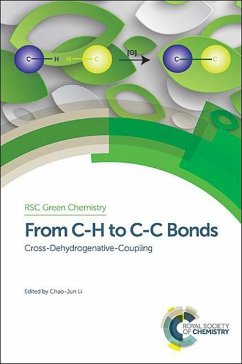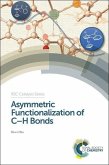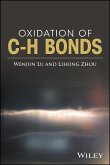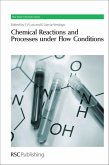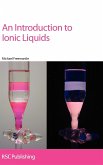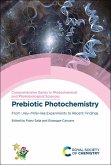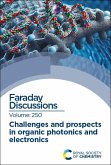The C-C bond is a basic building block in chemistry and its formation is often the first step towards building more complex molecules. The direct generation of C-C bonds from C-H by cross-dehydrogenative-coupling (CDC) reactions in 2003 has presented a paradigm shift towards more efficient synthetic design, and over the last decade this has become a hot topic in Green Chemistry. This edited book presents a summary of the latest developments in the formation of C-C bonds direct from two different C-H bonds via oxidative dehydrogenative couplings. The editor, (CJ Li, McGill University) has pioneered various copper and organo-catalyzed CDC reactions within his Green Chemistry and Organic Synthesis group, and has brought together expertise from across the world to present the various CDC reactions being used today. Practicing synthetic chemists seeking to improve the efficiency of their reactions will benefit from this approach, while students and those wishing to adopt these reactions will gain a thorough understanding of the field. The conclusions presented at the end of the book will inspire all readers to the future opportunities in the field.

